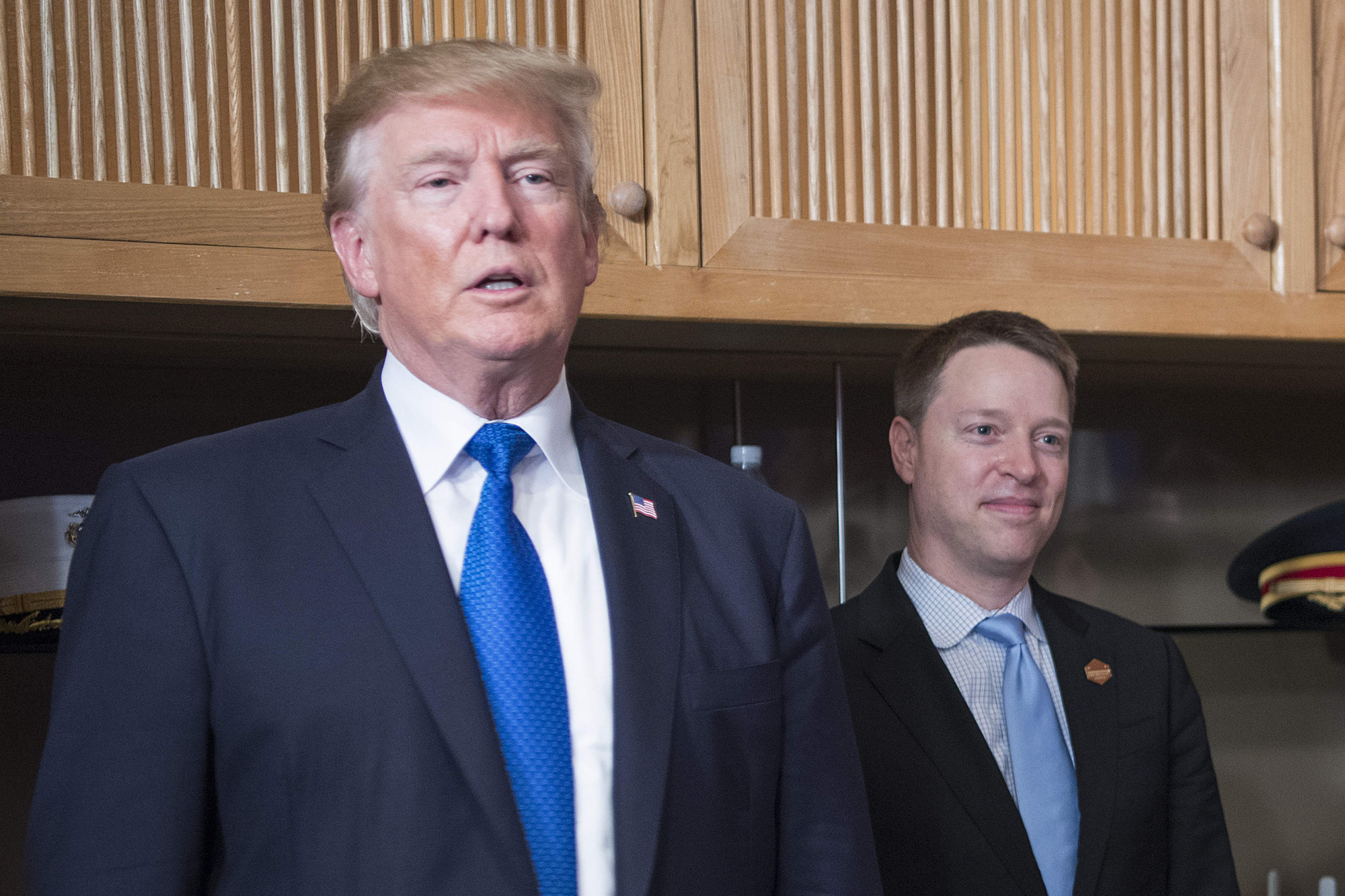Yet as witnesses called for broader, tougher and more comprehensive rules to deny fuel for Chinese tech development, the hearing underscored the limits of sanction regimes, the cat-and-mouse nature of enforcement and differing objectives of those involved.
The Pentagon, for instance, identifies all Chinese mobile telecommunications companies as linked to the country’s military given the services they provide the PLA.
“On the other hand, if we sanctioned all of China’s mobile telecommunications providers, you would effectively prohibit all American companies from doing business in China, because none of their employees in China could use the telephone,” said Peter Harrell of the Carnegie Endowment for International Peace, a Washington think tank.
“I think we also have to be careful in our application,” added Harrell, who served on the National Security Council in 2021 and 2022 in the Biden administration.
More US-China engagement coming this year despite ‘differences’: Antony Blinken
More US-China engagement coming this year despite ‘differences’: Antony Blinken
In response, Beijing has redoubled efforts to develop its own indigenous versions as well as source technologies indirectly.
Biden has described the effort as a “national emergency to deal with the threat of advancement by countries of concern”, while China has decried the US campaigns as unfair, discriminatory and evidence of a “cold war mentality” taking hold.

Now the House Committee is calling for this restriction to extend further with its Preventing Adversaries from Developing Critical Capabilities Act, introduced in November with bipartisan support.
Other factors have impeded US efforts to exert greater pressure on China using financial and export restrictions, the committee heard on Wednesday.
These include the porous nature of global goods and capital; limited enforcement power or will exhibited by the US Treasury Department and other agencies; and a lack of full-throated support from overseas allies to follow suit.
China to persist with AI development in 2024 despite US chip curbs: UBS
China to persist with AI development in 2024 despite US chip curbs: UBS
Pottinger, a key architect of many trade policies in the Trump administration, argued that banning investments in entire Chinese sectors – rather than focusing on companies that could easily rename themselves – was less resource-intensive for US regulatory agencies, more flexible and easier for American companies to understand.
He told the hearing, titled “Examining the Flow of US Money into China’s Military Might”, that more restrictive American rules should cover all military and strategic technologies.
They could also apply to all forms of financing and seek to block potential affected transactions, not simply review them.
Nor could export restrictions alone impede China’s ability to develop indigenous technologies, Pottinger added, saying they must be accompanied by strong capital restrictions.
“We’re at a juncture now, where the scales of global power are beginning to tip towards America’s adversaries in part because of the leverage that we are providing them,” he said.
US lawmakers ask Biden administration to bar investments in China’s Quectel
US lawmakers ask Biden administration to bar investments in China’s Quectel
“American know-how and capital, our seeds and fertiliser, have helped foster the growth of China’s military.”
But he also conceded that overly broad export restrictions had their limits. “Sometimes it can be overkill or inappropriate,” he added.
“The Chinese Communist Party’s goals and actions are a clear and present danger to the security interests of the United States and our allies,” Michael McCaul, a Texas Republican who heads the committee, said on Wednesday.
“We must understand that whoever controls the best technology will likely prevail in this great-power competition.”

